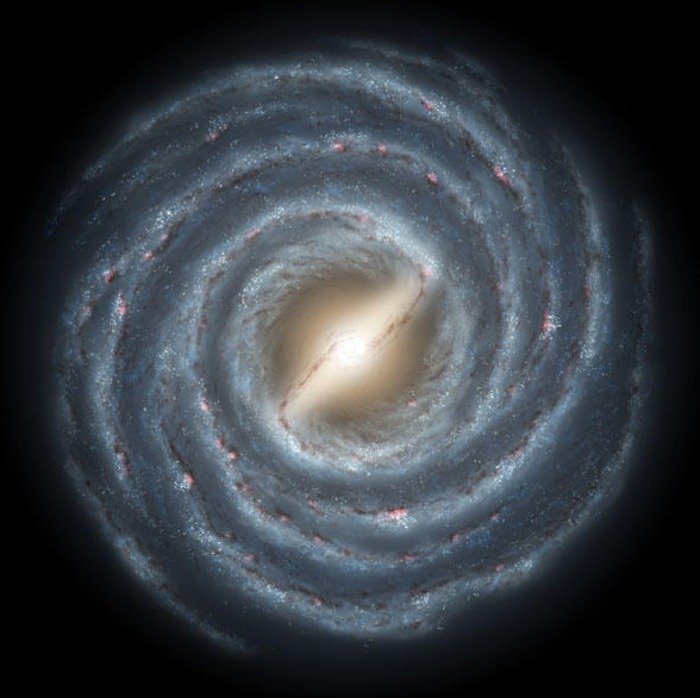AUCKLAND, New Zealand, April 3 (UPI) -- New Zealand scientists who are proposing a new method for finding Earth-like planets, say the number will be "in the order of 100 billion."
Researchers at The University of Auckland say the strategy would use a technique called gravitational microlensing, currently being utilized by a Japan-New Zealand collaboration called MOA, for Microlensing Observations in Astrophysics. The work will require a combination of data from microlensing and the NASA Kepler space telescope, they said.















